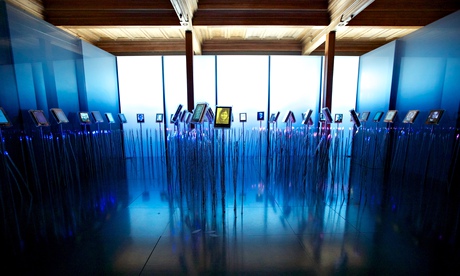
Each year the Royal Swedish Academy of Sciences, the Nobel Assembly at Karolinska Institutet, the Swedish Academy, and the Norwegian Nobel committee give a series of prizes established in the will of Swedish inventor Alfred Nobel.
Worth 8m kronor (£690,000) each, the Nobel prizes are always handed out on 10 December, the anniversary of Nobel’s death in 1896. As well as the prize money, each laureate receives a diploma and a gold medal.
The physics, chemistry, physiology, literature and peace prizes were first awarded in 1901, while the economics prize was created in 1968.
Nobel, a wealthy Swedish industrialist who invented dynamite, provided few directions for how to select winners, except that the prize committees should reward those who “have conferred the greatest benefit to mankind”.
Here are the 2014 winners:
Economics
Jean Tirole of Toulouse University, won for his work on market power and regulation, and his work taming powerful firms.
Peace
Malala Yousafzai, the Pakistani teenage education campaigner shot on school bus in 2012 by a Taliban gunman, and Kailash Satyarthi, an Indian children’s rights activist.
Literature
French author Patrick Modiano.
Chemistry
Stefan Hell of the Max Planck Institute for Biophysical Chemistry, Göttingen, William Moerner of Stanford University in California, and Eric Betzig of the Howard Hughes Medical Institute in Virginia, “for the development of super-resolved fluorescence microscopy”.
Physics
Shuji Nakamura of the University of California, Santa Barbara, and Isamu Akasaki and Hiroshi Amano of Japan, for “the invention of efficient blue light-emitting diodes which has enabled bright and energy-saving white light sources”.
Physiology/medicine
British-US scientist John O’Keefe and married couple May-Britt and Edvard Moser from Norway for discovering the brain’s “inner GPS”.
